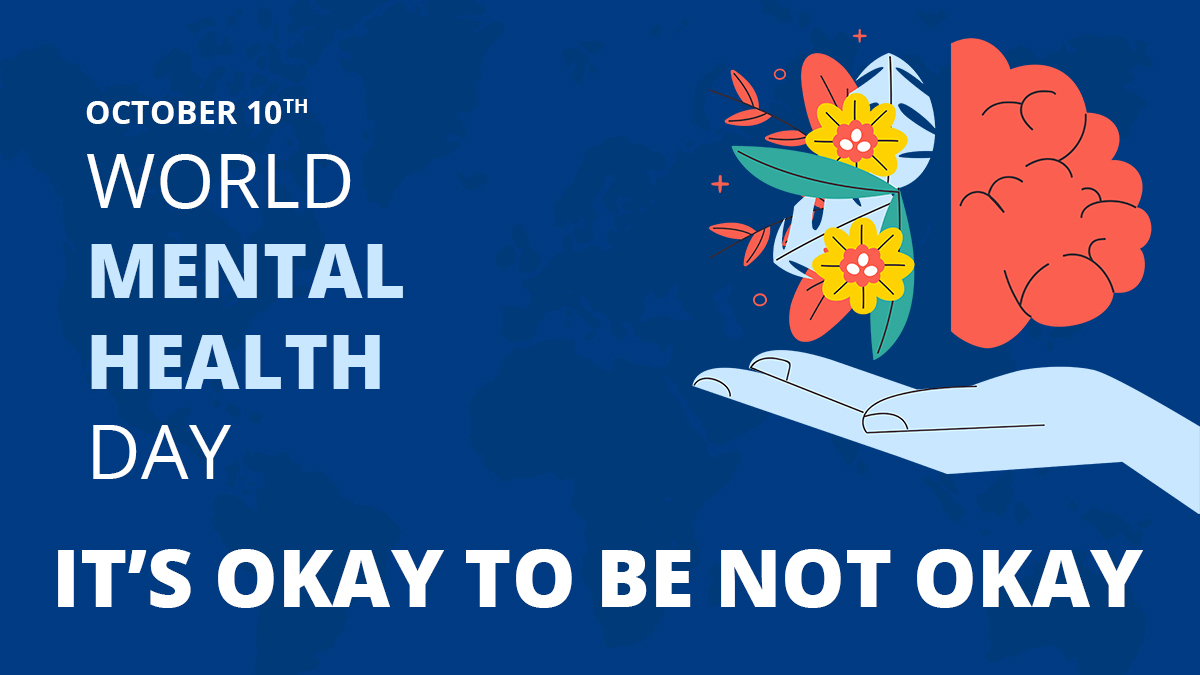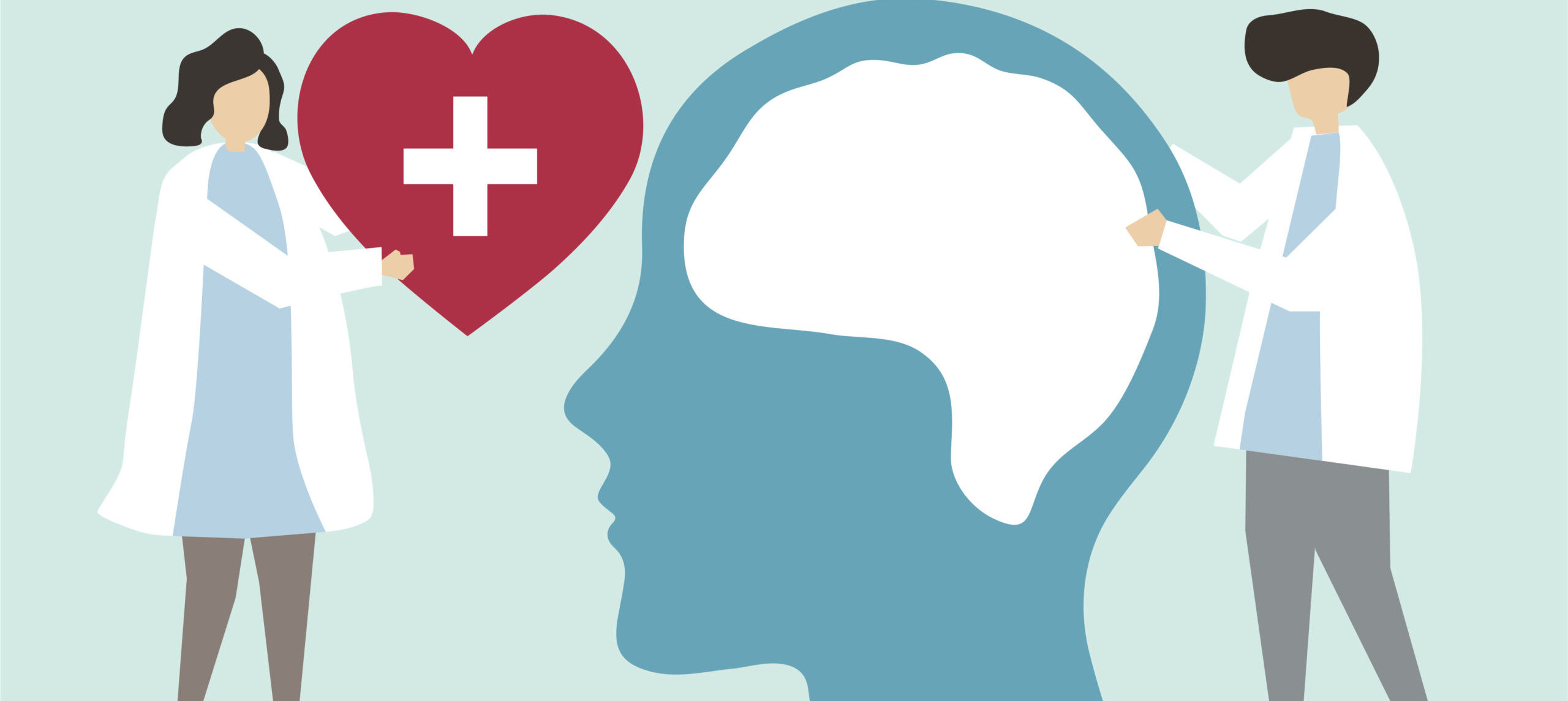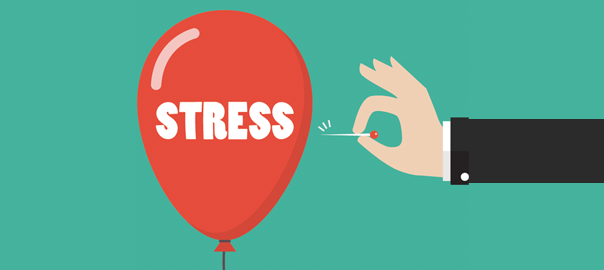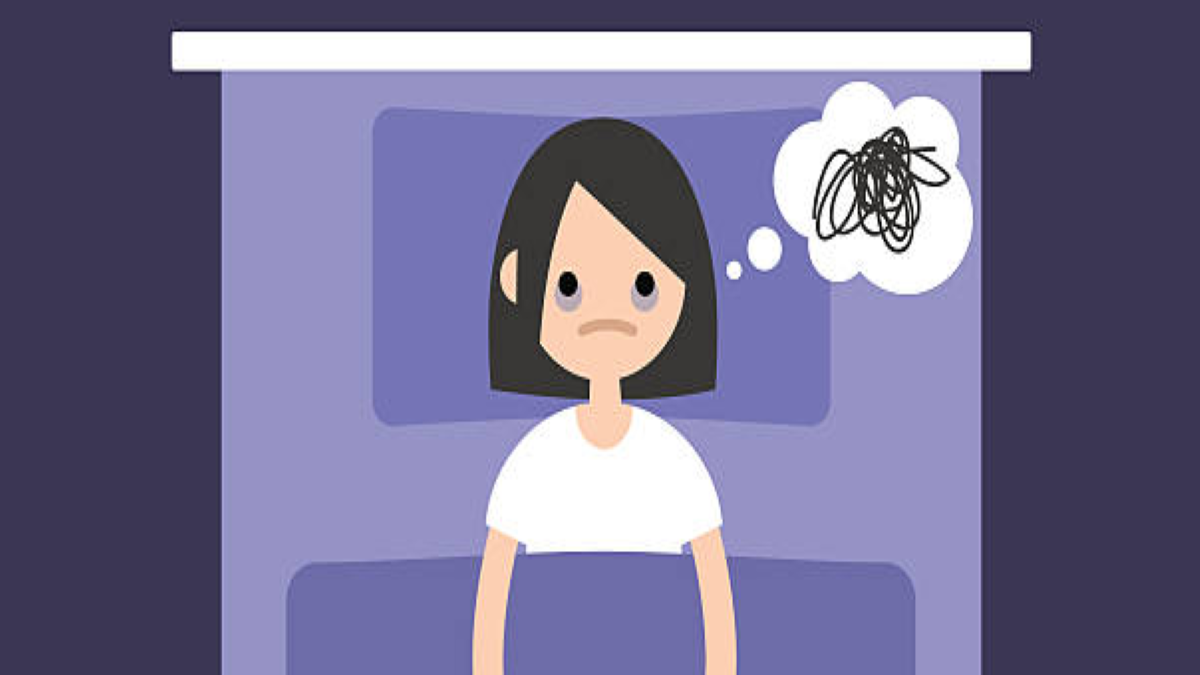Medically reviewed by Dr. Riaz Ali Shah.
She didn’t seem herself for a couple of months, but her thesis was coming up, and we knew there was a lot of stress that she was coping with. She was ambitious. We knew she wasn’t feeling too great, and we were worried but she was never too outspoken about her feeling and we never pushed her so much, giving her the space she wanted. It was Saturday night, and we went out for dinner. She had her favorite Chinese meal. The next day, she took her life.”
When someone commits suicide, is it the family’s fault? Or is it the friends? Could they have prevented it? Would they have responded to the symptoms the same way if the person had cancer or diabetes? The truth is, depression or anxiety is never taken too seriously, let alone as an illness that needs attention
Suicide and Mental Health
Suicide is one of the most criticized, misunderstood, and vilified aspects of mental illness. People with mental illness lack the vocabulary to describe their feelings. These people don’t know what they should do when their ideas and sentiments get toxic.
Can Suicide be Impulsive?
Suicides don’t happen out of nowhere. An endeavor is often undertaken after weeks or months of contemplation. During this time, they typically send out warning signs. Depressive symptoms, cynicism, apathy are common and frequent, including weeping, insomnia, and anxiety. If a person is talking about death, it should be taken seriously. To engage, you must listen intently and spend as much time with them as possible, and if necessary, accompany them to a mental health professional.
Coronavirus, isolation and suicide

For suicide, there are a variety of reasons and causes that contribute to the conduct. For everyone, there isn’t a single way to do things. It’s known that some characteristics and life experiences might make someone more susceptible to suicide, and mental health problems like anxiety and depression can also play a significant role. COVID-19 crisis has exacerbated the incidents of isolation and vulnerability and has aggravated the existing mental issues and societal pressures that people in the 21st are already prone to.
Between 15 to 35 people end their lives in Pakistan every day. That’s as high as one person every hour. The World Health Organization (WHO) estimated that in 2016, over 5,500 people committed suicide. Since January 2020, the coronavirus pandemic was implicated in 16 instances of suicidality. Approximately 12 male victims suffered from economic recession by losing their jobs; the other 4 took their lives because of the fear of infection and prolonged isolation and distancing from loved ones.
According to the reports, one person committed suicide while being admitted in the COVID-ward at a local hospital in Lahore. These are the only few that have been reported.
With the stigma attached to suicide and the Islamic law in Pakistan prohibiting it and suicide is considered a criminal offense that is punishable by law, many families don’t even report it; due to this dilemma, there is not much happening in public for suicide prevention in Pakistan.
What are the warning signs of suicide?

When it comes to warning signals, it’s crucial to keep an eye out for a shift in normal behavior. Withdrawal from friends or loved ones, use of drink or drugs, feelings of worthlessness or hopelessness, talking about being a burden, and giving away cherished items are just a few of the warning signs. Mental conditions leading to such behaviors can be rooted in:
- Mental health disorders
- Death or other trauma in the family
- Social isolation
- Financial instability by losing a job or not getting one
- Societal pressure (Education and Domestic)
- Disability or prolonged illness
- Family conflict
- Mental/physical/sexual abuse
- Major disappointments
- Traumatic break-ups of romantic relationships
- Bullying
- Childhood traumas (abuse/bullying/disturbed family units)
Suicide prevention – How can you help?
For various reasons, we’re afraid to address the emotional triggers in someone we care about, fearing that it would lead them to act upon the suicidal thoughts in them. It’s been proven definitively that this doesn’t happen. When someone else brings it up, they are relieved that they are not alone. As a result, they’ll be more likely to express themselves honestly and seek expert treatment.
So, what could you do if you’re worried that someone you know might be considering suicide? The first step is to try and find out where they’re at.
- Start a conversation.
- Be a good listener.
- Think about the best course of action – help find the right avenue of support.
- Most importantly, empathize.

This suicide prevention day, take the opportunity to learn by eradicating judgment and blame, look out for potential warning signs in your family and friends with a lens of compassion. Most of the time, it truly is the smallest of interactions that can mean so much to someone, giving them hope. If you’re concerned about a friend, talk to them and ask how they’re doing. Let them know you’re there to listen if they want to talk.
Citations
Amy Morin, L.C.S.W., The verywell mind mental health tracker. Verywell Mind. Available at: https://www.verywellmind.com/mental-health-tracker-5185693
AsterMedcity, 2020. Take a minute, change a life – suicide prevention and you. Aster Medcity. Available at: https://astermedcity.com/blog/readmore/take-a-minute-change-a-life-suicide-prevention-and-you
Spencer-Thomas, S., 2020. Part 3: Standing in solidarity for suicide prevention — acting in solidarity as a way forward – DR. sally Spencer. Thomas. Available at: https://www.sallyspencerthomas.com/dr-sally-speaks-blog/solidarity3
Chaudhry, A., 2021. Covid patient commits suicide at MAYO hospital in Lahore. DAWN.COM. Available at: https://www.dawn.com/news/1640486
Mamun, M.A. & Ullah, I., 2020. COVID-19 suicides in Pakistan, dying off not COVID-19 fear But POVERTY? – the Forthcoming economic challenges for a developing country. Brain, behavior, and immunity. Available at: https://www.ncbi.nlm.nih.gov/pmc/articles/PMC7212955/
Schimelpfening, N., 2021. Can you die from depression? Verywell Mind. Available at: https://www.verywellmind.com/can-depression-kill-you-1067514
Kahn, A., 2019. What you should know about suicide. Healthline. Available at: https://www.healthline.com/health/suicide-and-suicidal-behavior
Moretomorrows, 2021. Hope, help & healing to prevent suicide. More Tomorrows. Available at: https://moretomorrowsne.org/
WHO, 2016. GHO | World health Statistics data VISUALIZATIONS Dashboard | data tables – country data. World Health Organization. Available at: https://apps.who.int/gho/data/view.sdg.3-4-data-ctry?lang=en
NIMH, 2021. Warning signs of suicide. National Institute of Mental Health. Available at: https://www.nimh.nih.gov/health/publications/warning-signs-of-suicide
Naveed, S. et al., 2017. Suicide and its legal implications in Pakistan: A literature review. Cureus.






